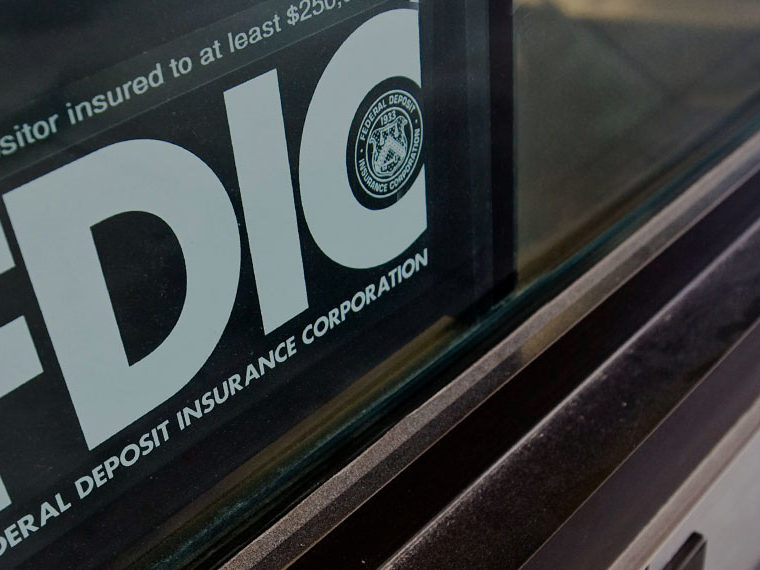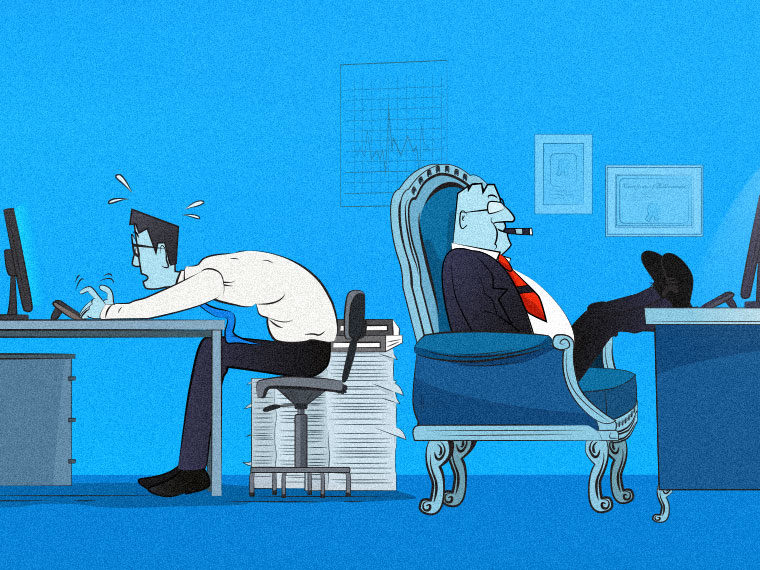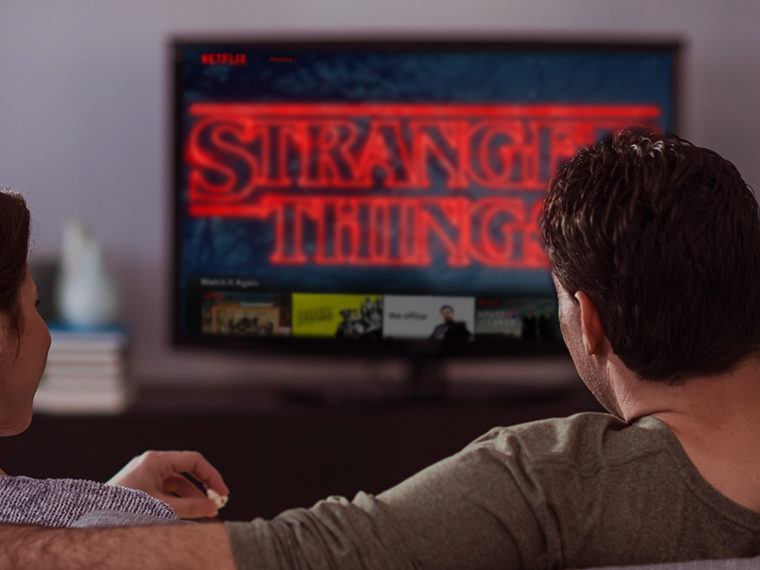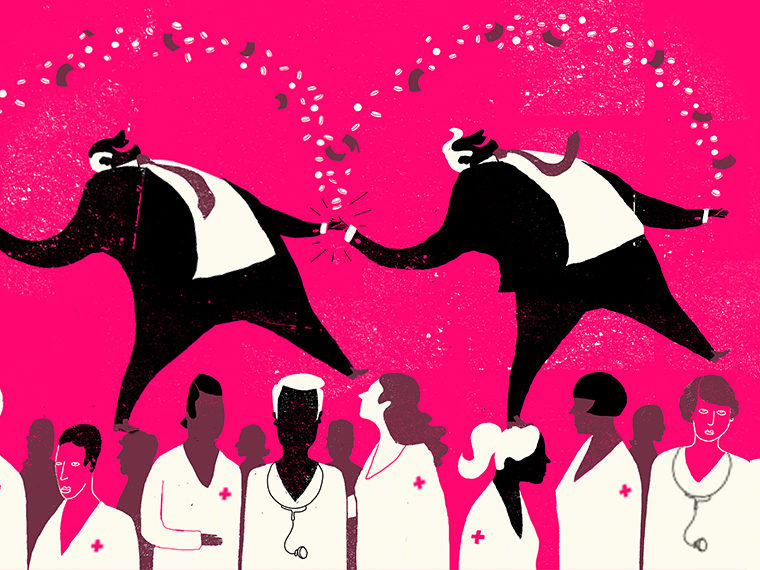Workers involved in compensation decisions might accept a co-worker’s better deal if management didn’t unilaterally decide
With the current job market tight for highly skilled workers, retaining valued employees and attracting new recruits is a challenge that, if not handled carefully, can mess with workplace dynamics.
Offering a bonus or raise to some, but not all, employees can puncture morale and productivity. Dangling a lucrative package in front of potential new hires may annoy the folks already on board if they now view their benefits package as second-rate.
Prior research has established a workaround that can reduce the backlash felt by workers who get the short straw. Employees who are consulted on unequal pay decisions — imbued with agency in this important office dynamic — are, in fact, more willing to give a colleague a bigger piece of the compensation pie and not grumble.
Opt In to the Review Monthly Email Update.
But a lingering question is whether that act of collegial magnanimity endures over time, or if the do-gooder who says in the moment she is cool with offering a more generous package to a new hire will eventually slide into disgruntlement. For HR practitioners, is the colleague-agency gambit a short-term or lasting strategy?
In a series of seven experiments published in the Journal of Experimental Psychology: Applied, Hebrew University of Jerusalem’s Shoham Chosen-Hillel, University of Chicago’s Alex Shaw and UCLA Anderson’s Eugene M. Caruso explored how buy-in to inequitable compensation is affected by agency.
They advance the research by finding evidence that workers who are engaged in the decision remain content with their decision five weeks later, suggesting the payoff lingers, which is crucial for the longer-term health of an office.
Playing Up to the Warm Glow Principle
It seems that the reflective good vibes we feel when being generous help mitigate feelings of dissatisfaction that someone else just got a payout we didn’t. And by being involved in the decision, we’re less likely to feel like we’ve been treated unfairly, which tends to happen when management acts unilaterally.
In one experiment, 100 participants were told they had been hired by Google six months earlier as a computer programmer. Now they hear that, for Google to add more computer programmers, the company will need to pony up pay packages that are slightly more lucrative than what the participants were given six months earlier. If Google doesn’t do this, the message clearly spelled out, candidates could take jobs with rival companies.
Some of the participants were told they had a say in the decision on whether to offer potential hires a sweeter deal. These participants with agency were told their vote and the vote of two other recent hires would decide if management should dangle better packages for new hires. (The outcome was rigged to green-light a slightly higher benefits package for new hires.)
Other participants were not given any role in the decision. They were told a Google VP made the decision to offer potential hires a better deal than current workers.
On a scale of 1 (not at all) to 7 (very much), participants were asked how satisfied they were with their own pay package, how satisfied they would be with the new hires’ package and how they rated the decisions for fairness.
Eight in 10 participants who had a vote chose to give the better benefits to new programmers, and they were more satisfied with that outcome (4.2 average score) than participants who had no agency (3.36). Having a say in the decision also increased a perception of fairness: 3.71 versus 2.85. Those with agency were also more satisfied with their own bennies (3.36) than the cadre who were bystanders in the decision (2.75).
Really …. I Want You to Have the Bigger Slice
To explore whether people offer their support over time, another experiment told 122 participants they were being anonymously paired off with another participant and both would evaluate some product prices. There would be five weekly sessions, and for each session the base payment for each participant was $3.
The participants were then told that, in fact, there was enough money to boost the payment for some participants, but, um, they had not been chosen to receive a higher payout.
That’s when the experiment really started: half of the participants were told they could decide if the other participant they were paired with should get paid the standard $3 or if should they get a bump up to $4.
The other half of participants had no say in how this played out. They were told the person running the experiment was making that call.
All participants were then queried on the same 1–7 scale to get at their level of satisfaction with their pay and their partner’s pay. It also measured how upset they were with the partner’s pay and their perception of how fair the whole shebang was.
The participants recorded their responses in five weekly sessions.
More than 8 in 10 of participants with a say in the matter chose to give their partner the $4. (To keep both sides of the experiment apples-to-apples, this outcome was used in the non-agency group: 85 percent of those participants were told that the experimenter-in-chief had decided to give the other person the $4 payout.)
Participants who had agency were more satisfied with their own pay than the non-agency group (5.36 versus 4.74). Although there was some variability in scores for each of the five weeks, the relationship persisted. Those with a hand in matters also had a higher sense of fairness (3.71) compared to the non-agency cohort (2.85). It’s notable, though, that 3.71 is not a screaming endorsement of fairness.
The researchers averaged the answers to how satisfied/upset participants recorded they were with their “partner’s” pay. Again, those with a say in the matter were more satisfied with what their partner got (5.5) than the participants who had no agency (4.0.)
Chosen-Hillel, Shaw and Caruso stress that this is not a license for management to hide behind worker buy-in to introduce out-of-whack pay structures.
“Agency should reduce dissatisfaction with inequity only in situations where the resulting allocation is seen as fair,” they write. “For example, previous work has found that people will not vote to arbitrarily advantage others when the resources can be split evenly.” In addition, employees may be generous about taking a hit for the team, but only up to a point.
Featured Faculty
-
Eugene Caruso
Associate Professor of Management and Organizations and Behavioral Decision Making
About the Research
Choshen-Hillel, S., Shaw, A., & Caruso, E.M. (2018). Disadvantaged but not dissatisfied: How agency ameliorates negative reactions to unequal pay. Journal of Experimental Psychology: Applied, 24(4), 578–599. doi: 10.1037/xap0000181






